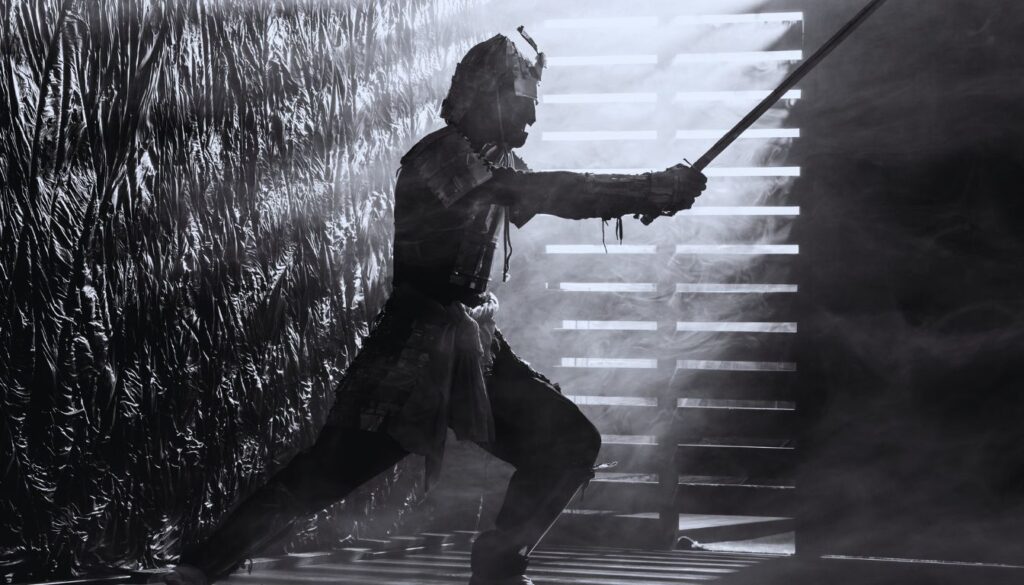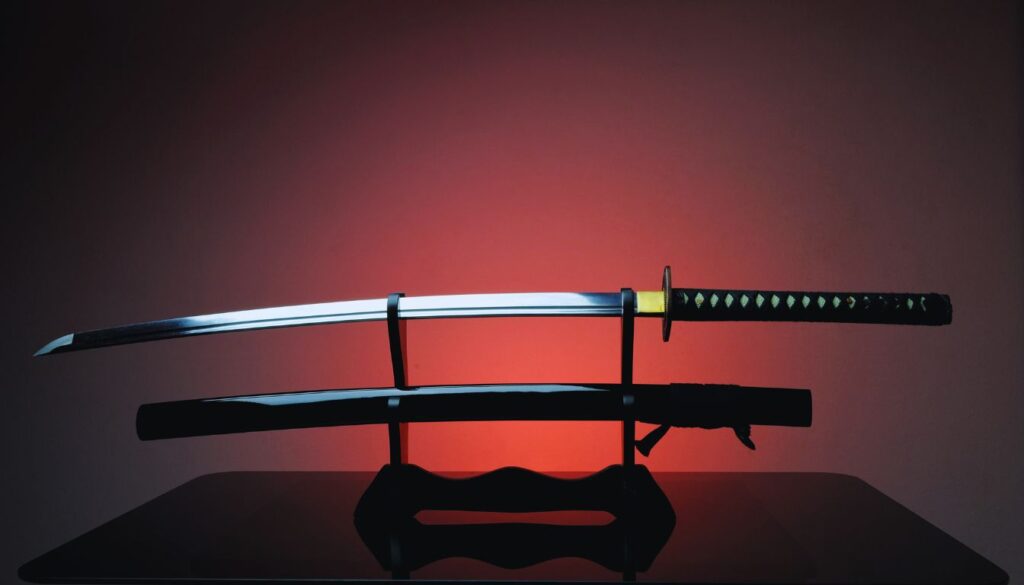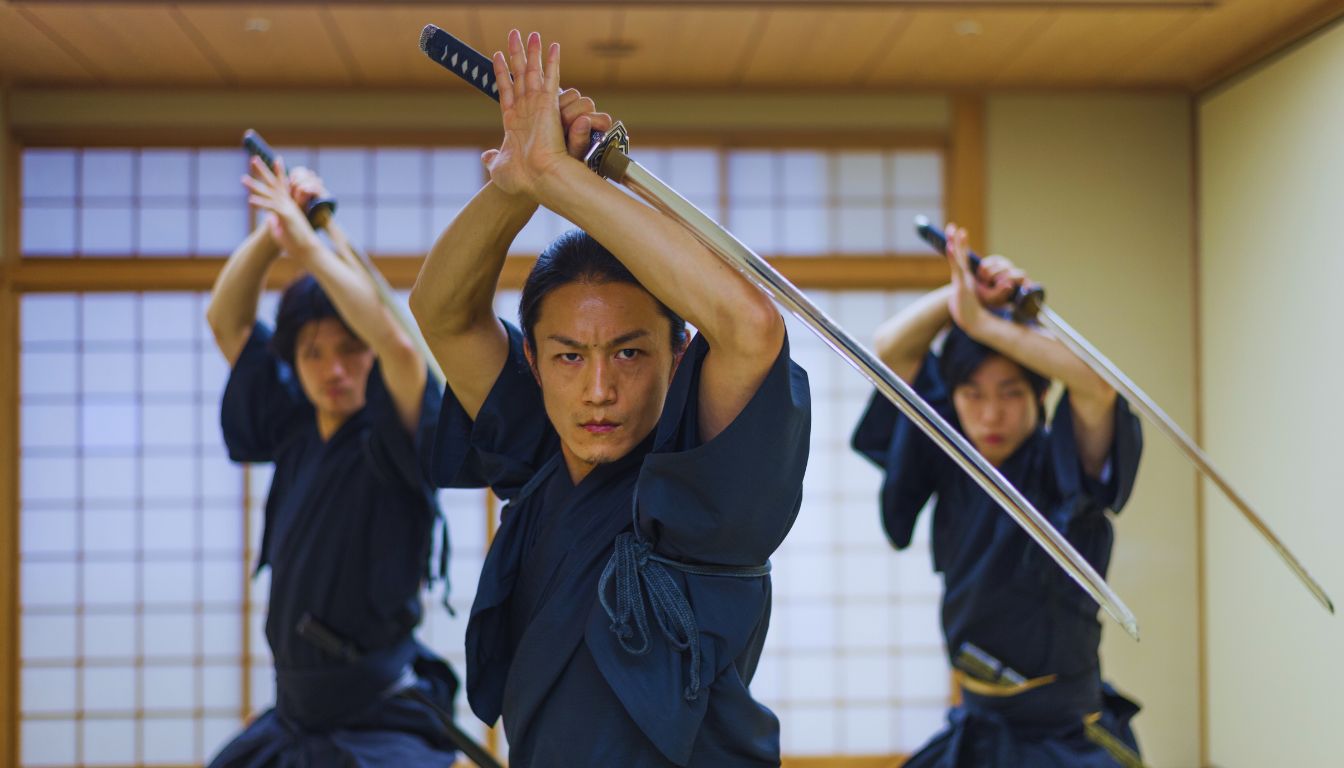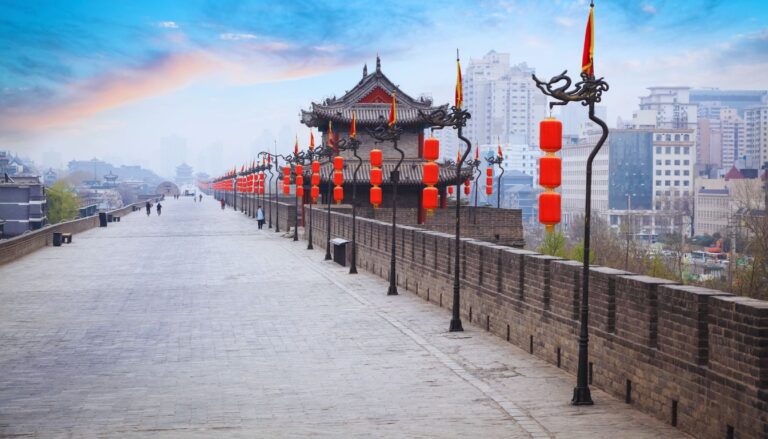The legacy of the samurai extends far beyond their historical role as Japan’s warrior class. Today, their principles and values continue to shape modern Japanese society in surprising ways. From business practices to popular culture, the samurai influence remains deeply embedded in Japan’s national identity.
Table of Contents
The Origins of Samurai Culture

The samurai emerged during the late 8th century as provincial warriors, eventually rising to become Japan’s ruling class. Their evolution from battlefield commanders to sophisticated administrators created a unique cultural legacy that combines martial prowess with artistic refinement.
Early Development
- Rise of warrior class
- Provincial warfare era
- Establishment of shogunate
- Military government system
The Code of Bushido
Bushido, “the way of the warrior,” served as the samurai’s moral code. Its principles continue to influence Japanese society today:
Core Values
- Gi (Righteousness)
- Yu (Courage)
- Jin (Benevolence)
- Rei (Respect)
- Makoto (Honesty)
- Meiyo (Honor)
- Chugi (Loyalty)
- Jisei (Self-Control)
Traditional Samurai Education
Samurai training went beyond martial arts to include:
Military Arts
- Swordsmanship
- Archery
- Horse riding
- Military strategy
Cultural Arts
- Calligraphy
- Poetry
- Tea ceremony
- Philosophy
- Literature
Samurai Influence on Modern Business
Today’s Japanese corporate culture reflects many samurai traditions:
Business Practices
- Loyalty to the company
- Hierarchical structure
- Decision by consensus
- Long-term commitment
- Emphasis on honor and reputation
Leadership Styles
- Servant leadership
- Moral responsibility
- Group harmony
- Personal discipline
Modern Martial Arts and Samurai Heritage
Traditional samurai combat arts evolved into modern martial arts:
Popular Disciplines
- Kendo (sword fighting)
- Kyudo (archery)
- Iaido (sword drawing)
- Judo
- Karate
Training Philosophy
- Mental discipline
- Physical mastery
- Spiritual development
- Respect for tradition
Samurai Values in Daily Life
Many samurai principles appear in contemporary Japanese society:
Personal Conduct
- Punctuality
- Attention to detail
- Personal responsibility
- Conflict avoidance
- Respect for authority
Social Relationships
- Group harmony
- Formal etiquette
- Gift-giving customs
- Proper greetings
Samurai Influence on Popular Culture

The samurai image remains powerful in modern entertainment:
Media Representations
- Movies and television
- Anime and manga
- Video games
- Literature
- Tourism
Cultural Symbols
- Samurai armor
- Katana swords
- Castle architecture
- Traditional gardens
Modern Applications of Bushido
Contemporary interpretations of samurai principles include:
Personal Development
- Goal setting
- Self-improvement
- Emotional control
- Time management
Professional Growth
- Career dedication
- Workplace ethics
- Team loyalty
- Leadership skills
Preserving Samurai Heritage
Japan actively maintains its samurai legacy through:
Cultural Preservation
- Historical sites
- Museum collections
- Traditional crafts
- Cultural festivals
Educational Programs
- School curricula
- Cultural workshops
- Martial arts training
- Historical reenactments
The Future of Samurai Values
How samurai culture continues to evolve in modern Japan:
Emerging Trends
- Global interest in bushido
- Corporate leadership training
- Personal development programs
- International cultural exchange
Contemporary Challenges
- Balancing tradition with progress
- Adapting ancient wisdom
- Maintaining cultural authenticity
- Meeting modern needs
Conclusion
The influence of samurai culture on modern Japan demonstrates how traditional values can remain relevant in contemporary society. While the age of the warrior class has passed, their principles of honor, discipline, and dedication continue to guide Japanese society. Understanding this cultural legacy helps explain many aspects of modern Japan, from business practices to personal behavior.
The enduring impact of samurai culture shows how traditional values can adapt and thrive in modern times, offering valuable lessons for personal growth and social harmony in today’s world.
Discover the must-visit cultural destinations of Japanese culture













